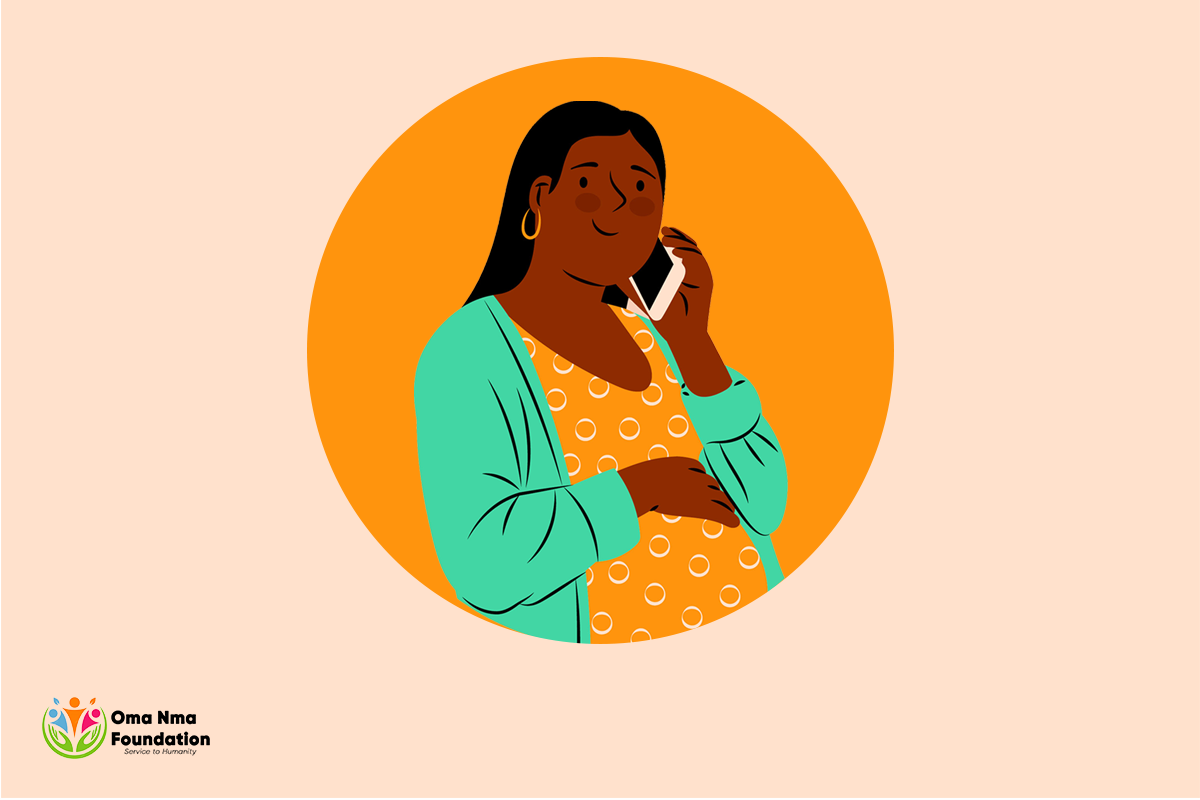
Birth defects are differences in the way your child’s body develops. There are several types of birth defects, with causes that range from genetic changes to environmental factors.
Prenatal Infection Prevention Month is a worldwide observance to promote awareness of infections transmitted from mother to baby. Prenatal infections are fungal, parasitic, bacterial, or viral illnesses that can be passed from a mother to her baby during pregnancy or the delivery process.
- According to WHO, there are nearly 2 million stillbirths every year, one every 16 seconds.
- Many more babies are born with disabilities, such as hearing loss or birth defects, because of these infections. The good news is that in many cases, prenatal infections can be prevented, and Prenatal Infection Prevention Month places a spotlight on this issue.
Hence, at The Oma Nma Foundation, one of our many goals every February is to educate people on how to help prevent prenatal infections year-round.
What is a prenatal infection? A prenatal infection occurs when germs cause illness that impacts the pregnant individual, the unborn baby, or the newborn after delivery. Prenatal infections include, but are not limited to: group B strep (GBS) disease, congenital cytomegalovirus (CMV), fifth disease, chlamydia, gonorrhea, listeriosis, toxoplasmosis, and Zika virus disease.
How does an infection reach the womb? It is commonly caused by germs traveling upwards through the vagina and cervix. Germs can also travel through the maternal bloodstream through the placenta.
What Can Health Providers Do?
Reducing preventable maternal and newborn morbidity and mortality requires a collaborative effort among healthcare providers at every level.
Emphasize Infection Diagnosed During Pregnancy; Routine prenatal screening to evaluate maternal immunity and increase early diagnosis and treatment of prenatal infections.
Educate and make a strong recommendation that women receive the appropriate adult immunizations before conception and the recommended vaccines during pregnancy. Evidence shows that strong provider recommendations improve immunization acceptance.
Utilize immunization information systems to document vaccinations and use data to inform maternal and child health strategies and program planning.
Share resources and educate women that prenatal infections can be prevented with healthy pregnancy habits such as practicing good hygiene, receiving prenatal care and immunizations, good nutrition, and taking environmental precautions to avoid dangerous infections.
What can be done to prevent a prenatal infection? Check out our resources below and talk to your healthcare provider about risks and prevention measures specific to your environment and lifestyle. Healthy pregnancy behaviors can help prevent many types of prenatal infection and providers can play a key role in educating their patients. The mnemonic HYGIENE is a great way to remember the basic steps of helping prevent prenatal infections!
